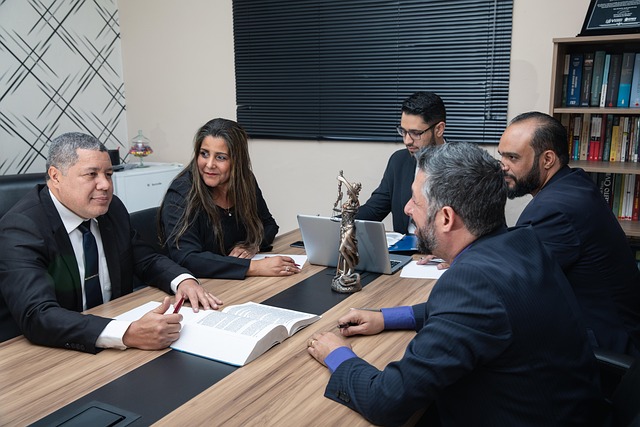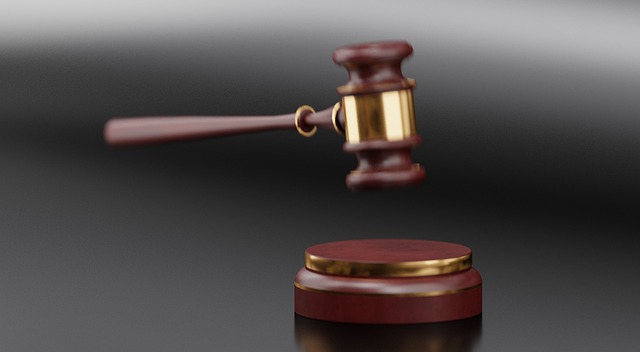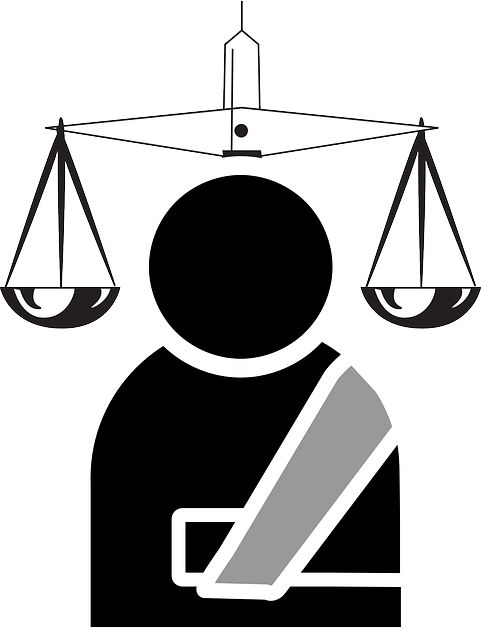Navigating personal injury claims requires careful documentation and strategic planning. Even minor incidents demand meticulous record-keeping, including incident details, medical reports, and witness statements. More severe cases necessitate expert knowledge to manage insurance complexities, legal deadlines, and potential disputes. Consulting a professional specializing in personal injury claims significantly improves the chance of securing maximum injury compensation. While gathering evidence and understanding rights is crucial, complex scenarios often require professional legal assistance to navigate regulations and achieve optimal results.
Are you seeking justice and maximum injury compensation after an accident? You might wonder if hiring a lawyer is essential. This comprehensive guide explores your rights and options, empowering you to navigate personal injury claims independently. Learn how to understand insurance policies, gather evidence, and present your case effectively without legal representation. Discover valuable tips to maximize your compensation and ensure you receive fair restitution for your injuries.
- Understanding Your Legal Rights and Options After an Injury
- Navigating the Claims Process Without a Lawyer
- Maximizing Your Injury Compensation: Tips and Strategies
Understanding Your Legal Rights and Options After an Injury

After sustaining an injury, whether through an accident, medical malpractice, or something as severe as nursing home abuse, understanding your legal rights and options is paramount to ensuring you receive the maximum injury compensation you deserve. The first step involves familiarizing yourself with the laws in your jurisdiction that pertain to personal injury cases. Each region has its own set of regulations and procedures dictating how these claims are handled, from filing timelines to acceptable forms of evidence.
Knowing your rights also means recognizing what types of damages you can claim, including not just medical expenses and lost wages but also pain and suffering, permanent disability, and even punitive damages in cases of gross negligence or intentional harm. Additionally, it’s crucial to be aware of the process for filing property damage claims if physical assets were affected. Having a clear understanding of these aspects empowers you to make informed decisions about your case, though seeking legal representation from a qualified attorney can significantly enhance your chances of securing the maximum injury compensation.
Navigating the Claims Process Without a Lawyer

Navigating the complex landscape of personal injury claims can be daunting, especially when aiming for maximum injury compensation. Without legal representation, understanding your rights and the intricate procedures involved becomes a significant challenge. The process typically begins with documenting all aspects of the incident, including medical reports, witness statements, and any relevant evidence. This initial step is crucial in building a solid case.
For instance, in cases of truck accident injuries, gathering detailed information about the collision, the driver’s liability, and the extent of your injuries is essential. While it might seem manageable for minor claims, complex personal injury claims often require expertise to navigate through insurance policies, legal deadlines, and potential disputes. Seeking guidance from resources or support groups can help, but for the best chance at securing maximum injury compensation, many experts recommend consulting a professional who specializes in personal injury claims.
Maximizing Your Injury Compensation: Tips and Strategies

Maximizing Your Injury Compensation: Tips and Strategies
Navigating the process of claiming maximum injury compensation can seem daunting, but with the right approach, you can significantly increase your chances of securing fair redress. One of the first steps is to gather comprehensive documentation related to your injuries, including medical records, bills, and any evidence that showcases the extent of your suffering. This thorough preparation serves as a robust foundation for your claim. Additionally, promptly reporting the incident – whether it’s a car accident, nursing home neglect, or workplace injury – to the appropriate authorities is crucial. Early action ensures that details aren’t forgotten and witnesses can be contacted while memories are fresh.
Another strategic move is to familiarize yourself with what constitutes a strong case. For instance, in homeowner insurance claims, understanding the policy terms and your rights under them can empower you to negotiate more effectively. Moreover, recognizing when a breach of contract has occurred – whether in personal injury cases or complex agreements – allows you to assert your legal standing. While these strategies can be beneficial, it’s important to remember that complex cases may require professional legal counsel to navigate intricate regulations and ensure the best possible outcome regarding maximum injury compensation.
While navigating personal injury claims independently is feasible, engaging legal counsel significantly increases your chances of securing maximum injury compensation. A lawyer possesses expertise in interpreting complex laws, handling insurance company negotiations, and presenting compelling cases. Without their assistance, you risk missing crucial deadlines, overlooking important details, or accepting an inadequate settlement offer. Empower yourself with knowledge and consider hiring a lawyer to ensure you receive the full extent of your rightful compensation for your injuries.






